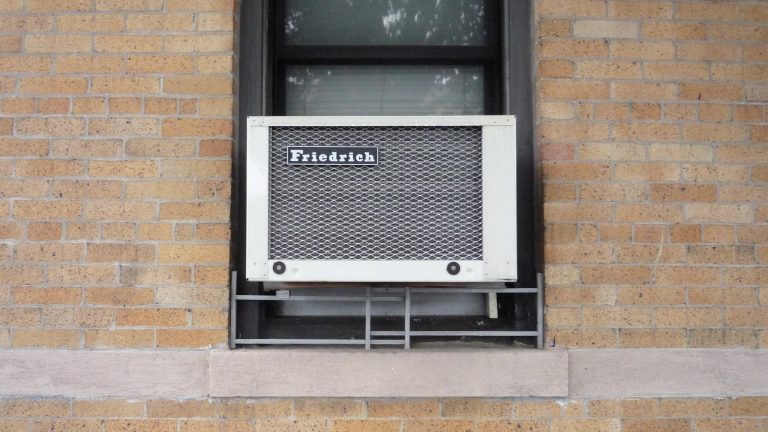As the seasons change, many people are removing their window air conditioners and may even be considering replacing them before next summer.
As the climate warms and heat waves intensify, air conditioning can help protect your health. But ironically, some of the chemicals used in air conditioning also contribute to global warming.
A group of coolant chemicals called hydrofluorocarbons (HFCs) are thousands of times more powerful than carbon dioxide at warming the planet.
These chemicals are often released into the atmosphere when air conditioners are discarded.
To prevent this problem, used air conditioners need to be properly disposed of by professionals or recycled.
Some cities, such as Boston, allow residents to make an appointment with the city to have used equipment shipped away. Elsewhere, you can usually contact your local utility company or dump site that knows how to dispose of HFCs.
Some of these programs even offer incentives or rebates in exchange for turning in air conditioning units.
Governments around the world have agreed to phase out HFCs over the next few decades.
But if you need to buy a new air conditioner soon, look for one that contains weaker HFCs, called R-32.
This way, you stay cool and you help keep the planet cool.
Report source: Ethan Freedman / ChavoBart Digital Media
We help millions of people understand climate change and what to do about it. Help us reach more people like you.
